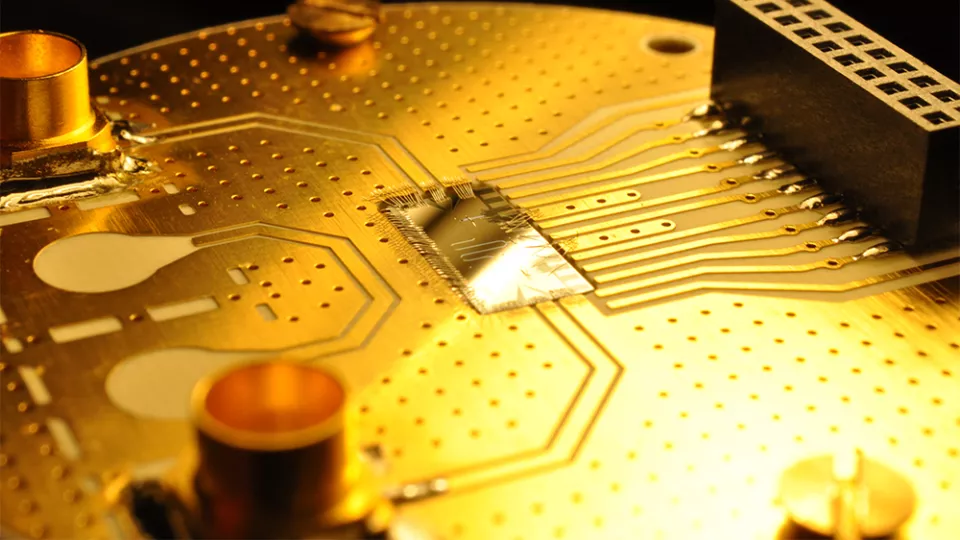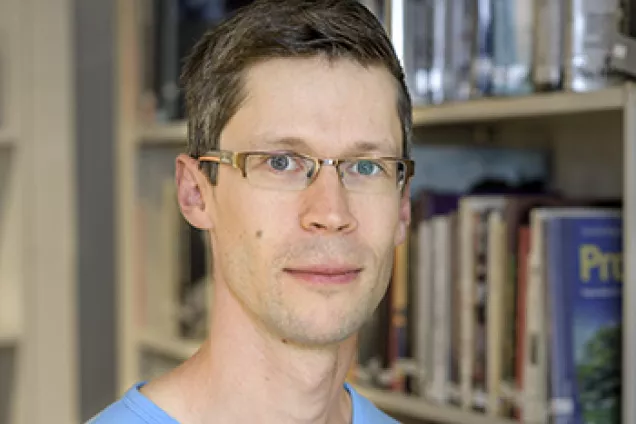Most people associate microwaves with the small ovens found in many kitchens. Within quantum technology, however, tiny microwave signals, consisting of elementary particles called photons, can be utilized in diverse areas.
The project will involve the design of ultra-sensitive microwave detectors. These sensors can measure and count microwave photons and thus provide new insights into how measurement processes work in small nanoscale systems.
Ville Maisi says that microwave photons are difficult to detect due to their miniscule energy, but they play a considerable role in the majority of the solid-state devices used in quantum technology, for example in superconducting quantum bits and many quantum sensors.
“Traditional technology based on classical physics cannot perform certain calculations or provide sufficiently sensitive sensors for the most demanding measurements. The detection of microwave photons opens up new application areas in quantum technology through the improved sensitivity and new functionality of the detectors,” Ville Maisi says.
He is looking forward to learning new insights about the dynamics of quantum measurement.
“The grant allows our research group to focus on building the above detectors but also to study the fundamental physics aspects of quantum measurements with these devices,” he says.
Perhaps our detectors will enable us to answer what dark matter is – currently one of the biggest mysteries in our universe.
One of the hopes for the project is that it will increase knowledge about our universe.
“Perhaps our detectors will enable us to answer what dark matter is – currently one of the biggest mysteries in our universe,” says Ville Maisi.
This year, 321 researchers will receive ERC Consolidator Grants. Twelve researchers will carry out their projects at Swedish universities. The grant, which is funded by the EU's Horizon Europe program, is aimed at researchers who obtained their doctorate 7–12 years ago. In total, the European Research Council is awarding €657 million.



